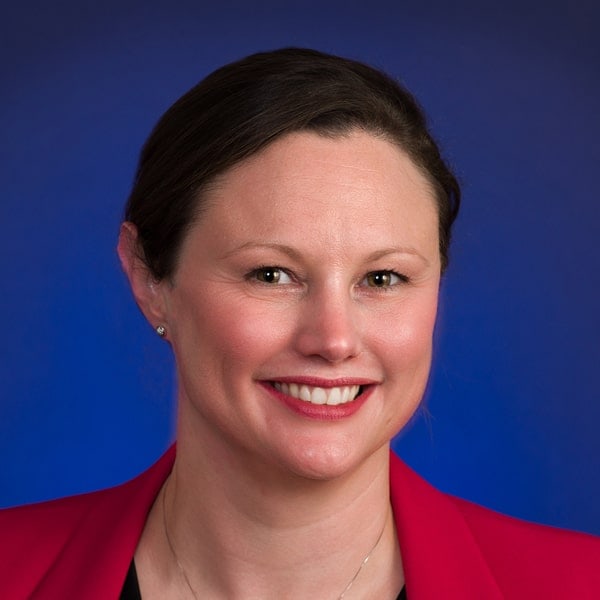By Virginia Ramachandran
This article is a part of the September/October 2023, Volume 35, Number 5, Audiology Today issue.
What follows is a message delivered during the opening general session of the AAA 2023+HearTECH Expo. I would like to reiterate some of what I said then for anyone who was unable to attend and to emphasize how much I believe in the importance and value of the care that we provide.
The change in the U.S. Federal Drug Administration (FDA) regulations in 2022 surrounding hearing aids, and the resulting media response that has occurred well into 2023, has brought increased awareness of the importance of hearing health. This is undoubtedly a net positive outcome.

President | American Academy of Audiology
But it has come at a temporary cost to the mental and emotional state of some of us at times. The narrative that has played out in the popular press over the past couple of years has not always been accurate or kind. In some cases, we have been characterized as “middlemen” and our professional services described as a “mark-up” to hearing aids. One public health researcher recently described the care that we provide as a “public health and market failure.”
Frankly, this makes me angry. As the profession committed to providing the best care possible to those with hearing challenges, it is shocking to ever hear a narrative that vilifies us as part of a problem. I want to address this because I do not want any of you to start believing something false just because you have heard it repeatedly.
The argument has been that the consequences of untreated hearing loss are so critical that it is imperative that people receive treatment. The solution has been to create greater “access” to amplification devices by eliminating the requirements for, and even recommendations for, professional care with no evidence that this will have a positive impact on any of these consequences.
I must ask, if the consequences of untreated hearing loss are so important,
and I believe that they are…shouldn’t the focus be on investing in providing and ensuring better care and better outcomes, rather than leaving patients to sink or swim on their own?
Like all health-care providers, we bear the brunt of the frustration of people who are facing problems that they did not ask for and do not want. However, the response to that frustration should not be to sacrifice or compromise on the care that is required for patients to be successful.
The technologies that we have access to are amazing and will continue to get better. But hearing loss is not simple. Balance conditions are not simple. The consequences of these are not simple. And the care needed to diagnose and treat these conditions and their consequences is not simple.
If we want to alleviate the complex problems caused by hearing and balance conditions, we need to provide the highest level of care. Thus, let’s stay the course, let’s take the high road, and let’s keep doing what we know how to do best.
This is my final column in Audiology Today that will be published during my tenure as president of the Academy. It has been an honor to serve the profession through this role in the Academy, and I have been fortunate to work with literally hundreds of dedicated volunteers during this time.
Thank you for the opportunity and for your continued support of one another through your Academy membership and volunteer efforts. Keep up the good work!


